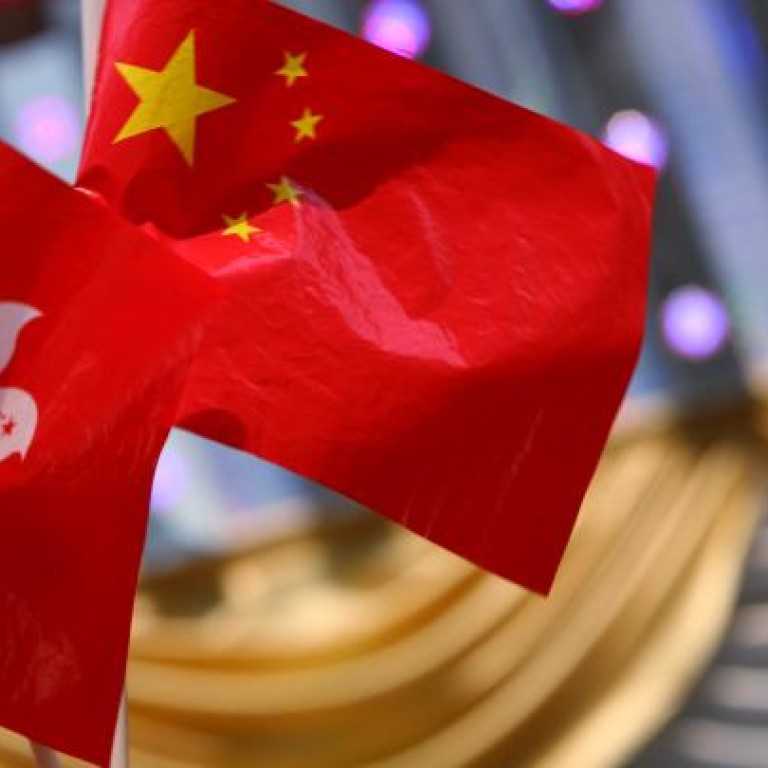
Shifting ground on Hong Kong's autonomy
Frank Ching says it's clear from Beijing's changes in emphasis that our high degree of autonomy isn't set in stone and can always be narrowed
China unveiled its basic policies regarding Hong Kong in 1984 when the Sino-British Joint Declaration was initialled. Those policies, the Chinese government stressed, would remain unchanged for 50 years.
On July 1, 1997, when the Chinese flag was raised over the former British colony, then president Jiang Zemin declared: "I would like to reaffirm that 'one country, two systems', 'Hong Kong people administering Hong Kong' and 'a high degree of autonomy' will remain unchanged for 50 years." These three phrases have come to represent Beijing's policies towards Hong Kong. Today, they are still in place, but have been redefined over the past 15 years.
On the 10th anniversary of the Hong Kong Special Administrative Region, President Hu Jintao told us that "one country is the prerequisite of two systems", and that "without one country, there will be no two systems". Evidently, Beijing felt the need to assert to those clamouring for greater autonomy that "one country" trumps "two systems".
Just this July - months after a highly publicised survey revealed more people identified themselves as Hongkongers than Chinese, Hu, in Hong Kong to mark the 15th anniversary, said: "Our compatriots in Hong Kong enjoy a growing sense of identity and closeness with the country and the nation." The assertion, in the face of contrary data, was presumably meant as a gentle admonition.
This month, Hu delivered a report to the 18th party congress which included a section on Hong Kong. This time, his words went beyond just putting "one country" ahead of "two systems". While Beijing previously said its policies were to ensure stability and prosperity, now we were told "the underlying goal of the principles and policies adopted by the central government concerning Hong Kong and Macau is to uphold China's sovereignty, security and development interests" as well as to maintain long-term prosperity and stability of the two regions. And, he added: "We must both uphold the power of the central government and ensure a high degree of autonomy in the special administrative regions."
So China has shifted from stressing a "high degree of autonomy" to emphasising the sovereignty, security and power of the central government.
Hu ended by saying Hong Kong people can "definitely play an active role in national affairs and share with other people of all ethnic groups in China the dignity and glory of being Chinese". Surely, this was a not-so-subtle hint of Beijing's displeasure over growing pro-independence sentiment in Hong Kong.
Beijing's shifts in emphasis are a sober reminder that the degree of autonomy our city enjoys can always be narrowed. In the coming years, as Hong Kong discusses universal suffrage, Beijing will no doubt respond to proposals thrown up in the debate.
Hong Kong should be prepared for fireworks, especially over the role of the nominating committee. But it is certain that whatever Beijing does, it will continue to insist its policies towards Hong Kong have not changed and that the "one country, two systems" is still being successfully implemented.

